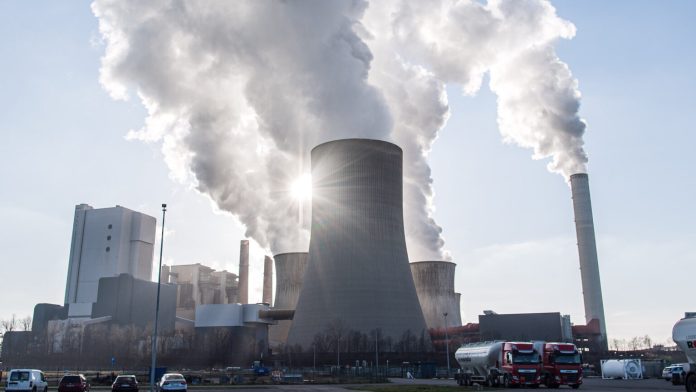
Fossil fuel sources result from the decomposition of dead carbon-based organisms within the Earth’s sub-surface. The process continues over a period of millions of years and creates a limited source of non-sustainable carbon-rich deposits. Human beings can then extract fossil fuels to generate electricity to meet their energy needs. On the other hand, renewable energy sources refer to the energy that derives directly from the Earth’s natural resources. The resources can be in the form of solar power, wind, ocean tides, rain, biomass, and geothermal energy within the Earth’s crust. Renewable energy sources are virtually inexhaustible and cause no environmental damage.
Paul Favret – How is renewable energy sources better than burning fossil fuels?
Paul Favret is a renowned natural energy expert living in Denver, Colorado, with a wealth of industry-based knowledge under his belt. He is currently the Chief Executive Officer of Source Energy Partners LP, a prominent renewable energy company in America. According to him, people assume it is essential to continue burning fossil fuel sources to meet global energy needs. However, many of them are often unaware that supplies of natural gas, coal, and hydrocarbons throughout the world are finite. Moreover, most of these individuals do not know the extent of environmental damage of the persistent burning of fossil fuels by humans. All kinds of fossil fuel sources are currently depleting at a rapid rate, and the time will come when they are no more.
On the other hand, renewable energy sources like solar, wind, hydroelectric, biomass, and geothermal power provide people with an inexhaustible electricity supply. These energy sources are able to continuously replenish and re-generate themselves at a rate that is higher than human consumption needs.
Moreover, all renewable energy sources do not emit harmful greenhouse gasses and pollutants to the atmosphere, unlike the burning of fossil fuels. It ensures the preservation of the Earth’s unique biodiversity and ecosystem. It helps to maintain the quality of human life on the planet. As a result, the likelihood of extreme climate change, the extinction of rare animal species, deforestation, soil erosion, and water pollution become minimal. Moreover, renewable energy sources are superior to the burning of fossil fuels in the following ways:
- Sustainable energy sources generate higher qualities of electricity than burning fossil fuels,
- The per-unit cost of generating and distributing electricity using renewable sources is low,
- The infrastructure to build renewal energy sources has a minimal environmental impact,
- The renewal energy projects can operate for decades with hardly any maintenance expenditure,
- The clean and renewable energy infrastructure project creates millions of new jobs for local people,
- Renewable energy sources are resilient enough to prevent power storage, unlike fossil fuels, and
- The various renewable energy sources can be accessible to people living in remote rural areas.
According to Paul Favret, all forms of renewable energy sources will eventually replace the burning of fossil fuels in the future. It will result in a win-win situation for them. It will ensure people in various parts of the world can avail a clearer and greener form of electricity that meets the energy demands. Moreover, they also are reducing their carbon footprints to minimize climate and ensure a healthier planet for future generations.








